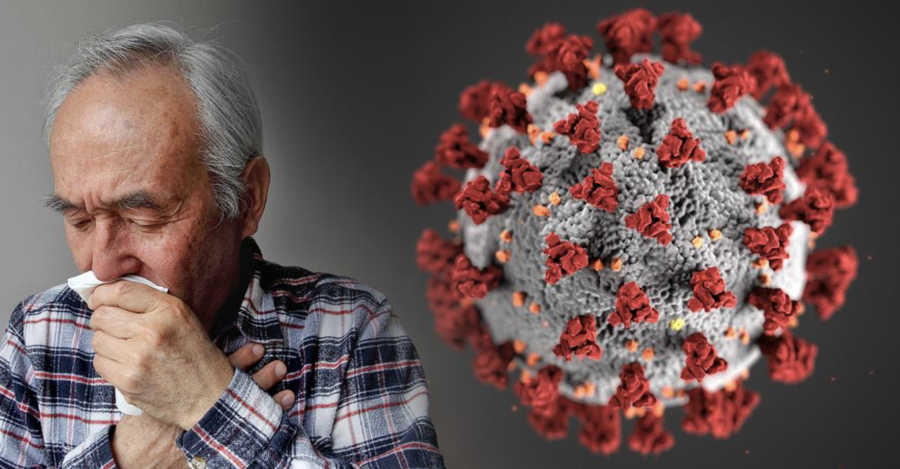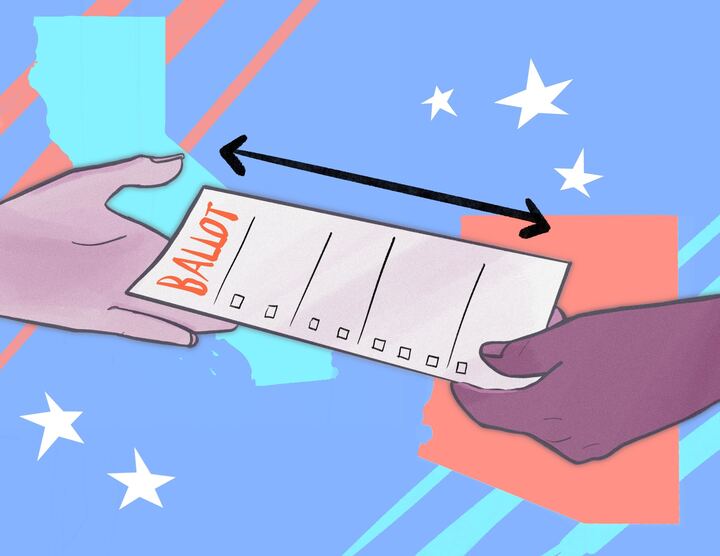On September 1, President Robbins had sent out an email which gave a vague update on whether or not we would be returning to campus soon. The email mainly focused on reminding the students and faculty about the importance of following the guidelines set in place. There was also a reminder of the three tests available to students on and off campus, one of these being the antibody test. According to the CDC, “Antibody tests check your blood by looking for antibodies, which may tell you if you had a past infection with the virus that causes COVID-19,”. The usefulness of this test on campus has come into question.
RELATED: Three-day spike accounts for 75% of University of Arizona positive coronavirus tests
Unlike the PCR and antigen test, the antibody test cannot tell if a person currently has the virus. The PCR and antigen test makes sense when used for campus plans, the plan is to be constantly “tracing and treating” for current positive cases of the virus on or near the campus. The antibody test, however, does not help with tracking current infections. Even though some may argue that knowing if one carries the antibodies of COVID-19 is useful so the patient is aware that they cannot get it again, that assumption is false. “There is currently no evidence that people who have recovered from COVID-19 and have antibodies are protected from a second infection”, the World Health Organization states on their website. That is why the antibody test is not ideal for campus use.
The positive does not go to the current cases, and though one has antibodies, it is most likely possible to catch COVID-19 again. As of Sept. 3, the University of Arizona has seen its highest number of COVID-19 cases in one day. As stated by AZCentral, 126 people tested positive out of 1,520 tests.
RELATED: CDC issues ‘very concerning’ new guidelines regarding who test for COVID-19
Along with results being separated from the other tests, the antibody test is not entirely accurate. Many people end up with false-positives because the test cannot accurately tell the difference between COVID-19 antibodies and other coronavirus-related antibodies, which can cause the common cold. Furthermore, keeping the antibody test is a misuse of resources and does not truly contribute to the plan that President Robbins has publically set in place. Tracing and treating COVID-19 is simply not possible when using a test that is only meant to analyze the blood of someone who has had the virus rather than someone who currently has it. These antibodies cannot tell us the number of people who presently have contracted COVID-19 or if they are safe from contracting it again.
Follow the Daily Wildcat on Twitter









